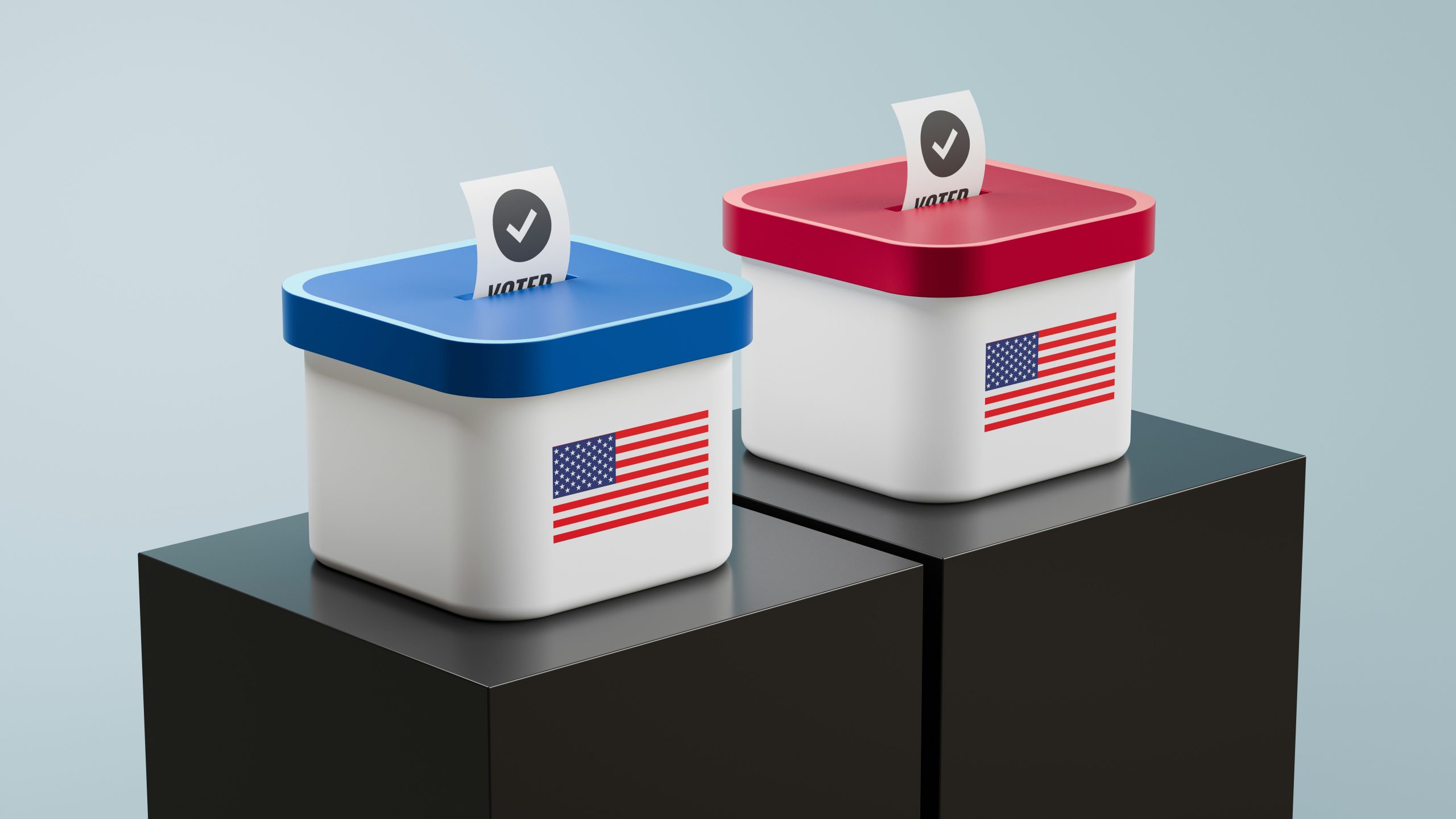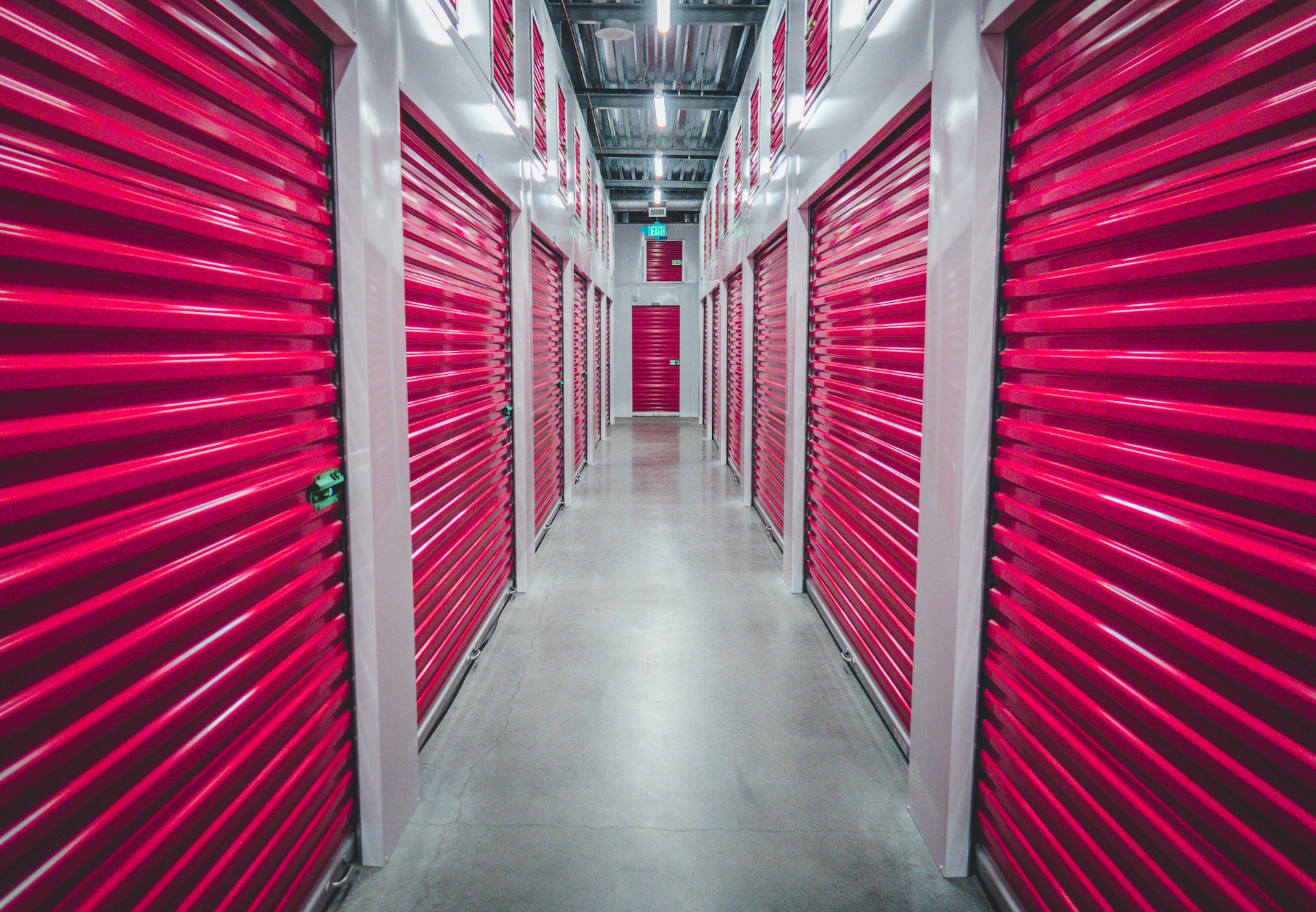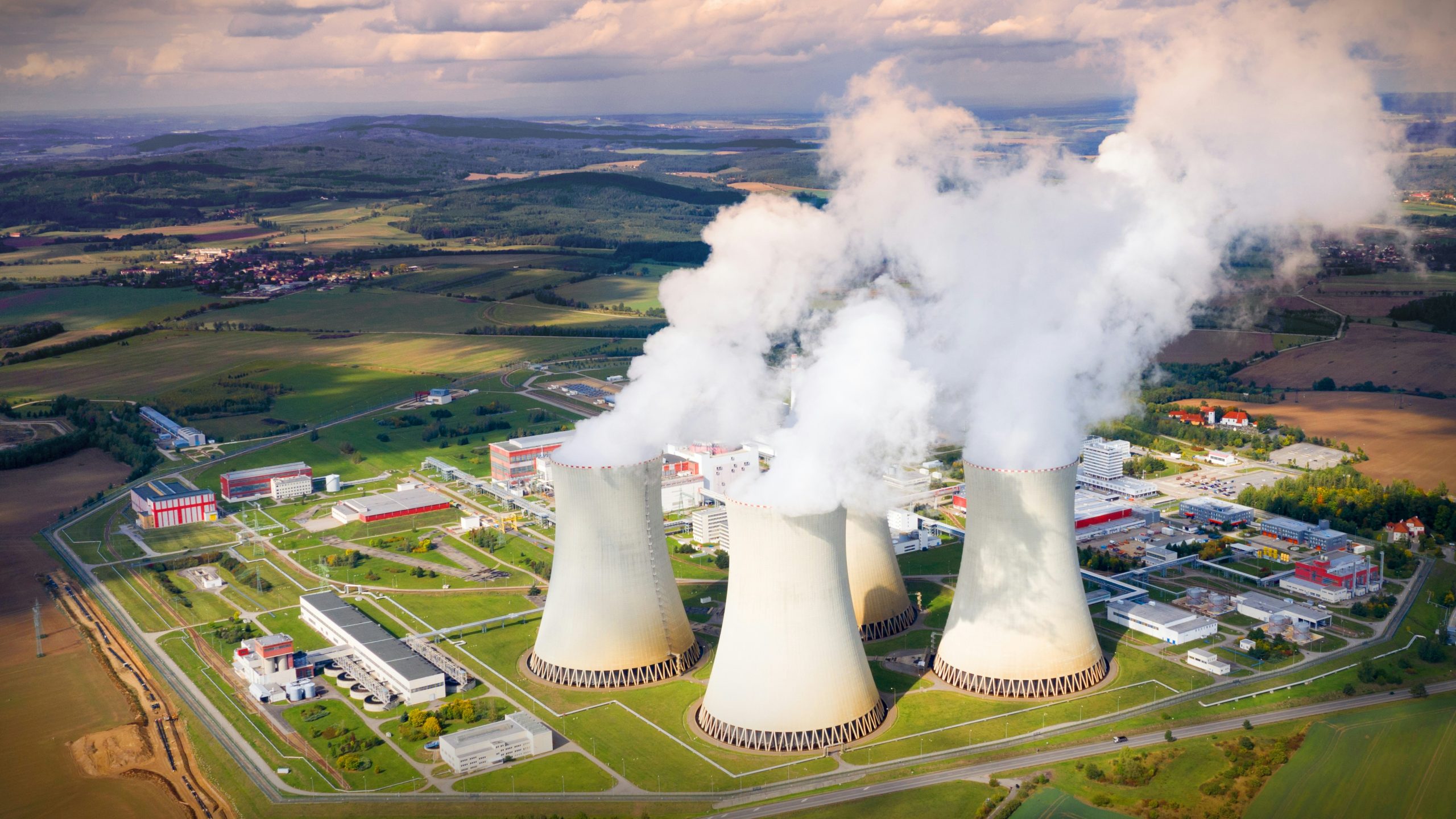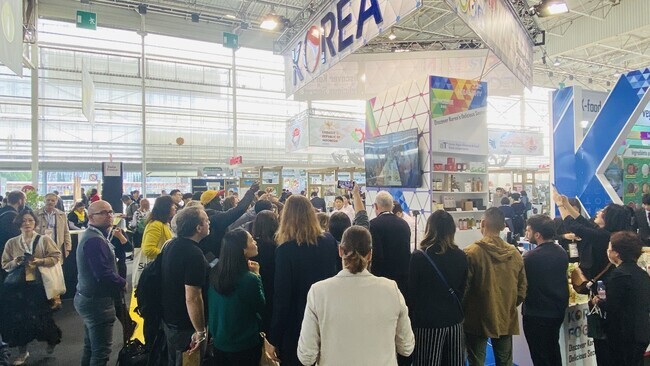As the US political climate shifts dramatically towards protectionism, deVere Group, one of the world’s largest independent financial advisory and asset management firms, is advising global investors to adjust their portfolios to seize emerging opportunities.
“Both the Republican and Democratic parties are increasingly in agreement on using tariffs to protect American industries, particularly from competition with China,” says Nigel Green, CEO of deVere Group.
“This marks a significant shift from decades of free trade policies. Both parties now view tariffs as a central element of the US economic strategy. For investors, this transition presents both challenges and opportunities that necessitate strategic portfolio adjustments.”
The growing emphasis on protectionism includes a renewed focus on revitalizing US manufacturing. Sectors such as electric vehicles, semiconductors, medical products, and steel are expected to experience substantial growth, supported by tariffs that shield them from foreign competition.
For instance, Washington has proposed new tariffs on electric vehicle batteries, semiconductors, and other critical industrial products. This move is designed to help newly established American factories remain competitive in a global market increasingly disrupted by trade barriers.
“Investors should pay close attention to these industries,” Green advises. “The combination of government incentives and protectionist policies creates a fertile environment for long-term growth.”
The electric vehicle (EV) sector, in particular, is notable. The US has imposed a 100% tariff on imported electric vehicles from China, effectively doubling their cost in the US market. This provides American-based EV manufacturers with a competitive edge, prompting investors to consider reallocating capital to this burgeoning sector.
However, these protectionist measures come with risks. Increased tariffs on Chinese imports—potentially as high as 60%—could result in higher costs for US consumers and businesses. This “Trump tax,” as Vice President Kamala Harris termed it, may reduce disposable income and dampen consumer spending on imported goods.
“While some industries will thrive under these new conditions, others dependent on imports may face cost pressures and shrinking margins,” Green warns.
Amid the US’s inward turn with protectionist policies, deVere Group emphasizes the importance of maintaining a globally diversified portfolio. Regions such as Southeast Asia and Latin America, not directly involved in the US-China trade disputes, are becoming increasingly attractive for investors seeking growth outside traditional markets.
“Certain markets are becoming more insulated due to trade policies, while others are opening up new growth opportunities,” Green notes. “Investors who strategically diversify into regions strengthening trade ties and offering alternative supply chains can mitigate risks and capture new opportunities.”
Countries in Southeast Asia, like Vietnam, Malaysia, and Thailand, are emerging as manufacturing hubs as global companies seek to diversify away from China to avoid US tariffs.
deVere Group believes the evolving trade environment demands careful portfolio management and a proactive approach to navigating risks.
“While this is a period of significant uncertainty, it also presents considerable opportunities,” Green concludes. “Investors who adeptly navigate these shifts will reap substantial rewards.”








